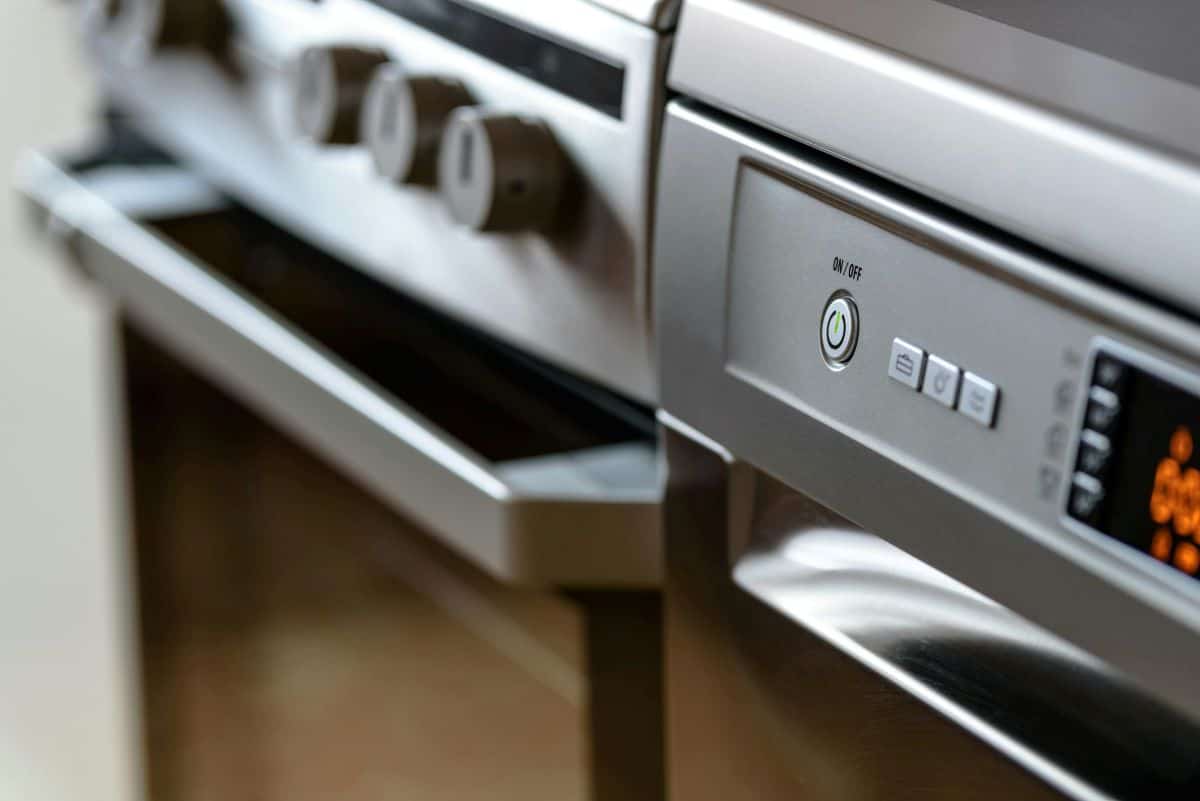The modern kitchen, especially in a commercial setting, is no longer just where food is prepared and served. It has evolved into a hub of innovation and responsibility, where every action and every piece of equipment plays a crucial role in shaping our environmental footprint.
In this light, sustainable kitchens have gained significant momentum, urging restaurateurs and chefs alike to reconsider their practices and equipment choices, including the adoption of eco-friendly alternatives such as the industrial freezer, for a greener future.

Eco-Friendly Practices for Sustainable Kitchens
One of the primary steps toward achieving a sustainable kitchen is choosing energy-efficient appliances. High-quality, energy-saving equipment like Atosa Refrigerators and Freezers reduce energy consumption and cut operational costs, making them a win-win for both the environment and the business.
Embracing Energy Efficiency
The heart of a sustainable kitchen lies in its energy efficiency. Opting for appliances that are ENERGY STAR® rated, such as certain models of Atosa refrigerators and freezers, can significantly reduce energy usage.
These appliances are designed to operate more efficiently, using less energy while maintaining top-notch performance. Additionally, modern kitchen equipment often comes with smart features like automatic shut-off and energy-saving modes, contributing further to reduced energy consumption.
Incorporating such appliances into your kitchen not only supports the environment but also helps lower utility bills. Over time, the savings from using energy-efficient equipment can be substantial, making it a sound investment for any food service business.

Reducing Waste and Recycling
Another pillar of a sustainable kitchen is effective waste management. This involves minimizing food waste and ensuring proper disposal and recycling practices. Composting organic waste, recycling packaging materials, and using biodegradable cleaning supplies are simple yet impactful steps toward a greener kitchen.
Restaurants and commercial kitchens can also explore innovative ways to repurpose food waste. For instance, vegetable trimmings can be used to make stocks and broths, while leftover ingredients can be creatively incorporated into new dishes, reducing overall waste.
Sourcing Locally and Seasonally
Sustainability extends beyond the kitchen itself and into the realm of sourcing ingredients. Locally sourced and seasonal produce supports local farmers reduces carbon emissions associated with transportation and ensures fresher, more flavorful ingredients for your dishes.
Moreover, local sourcing creates a sense of community and connection, allowing restaurants to tell a richer story through their menus. It also allows chefs to experiment with regional and seasonal specialties, adding a unique touch to their culinary offerings.

Sustainable Practices in Everyday Operations
Sustainability is not a one-time effort; it's a continuous practice that should be woven into the daily operations of a kitchen. Simple actions like turning off lights and equipment when not in use, conserving water, and regularly maintaining equipment to ensure it operates efficiently can make a significant impact.
In addition to these practices, mindful purchasing decisions play a vital role. Opting for products with minimal packaging, choosing suppliers who prioritize sustainability, and even selecting eco-friendly cleaning products can greatly enhance a kitchen's environmental friendliness.
Equally important is the management of resources. Implementing portion control can minimize food waste while investing in water-efficient dishwashers and sinks can significantly reduce water usage. Furthermore, utilizing natural light whenever possible saves energy and creates a more pleasant and healthful working environment.
Training staff and creating awareness about sustainable practices are also crucial. Workshops, regular meetings, and informational materials can effectively educate team members. When the entire team understands and values the importance of sustainability, they are more likely to implement and uphold eco-friendly practices in their everyday work.
The journey towards a sustainable kitchen is an ongoing learning, adapting, and innovating process.
Commercial kitchens can play a pivotal role in shaping a more sustainable future by embracing energy-efficient appliances like Atosa refrigerators and freezers, reducing waste, sourcing locally, and incorporating sustainable practices into everyday operations.
This shift benefits the environment and enhances the food service business's overall efficiency, cost-effectiveness, and reputation. As the world moves towards a more environmentally conscious future, sustainable kitchens will no longer be an option but a necessity, setting the standard for the culinary world.





Leave a Reply